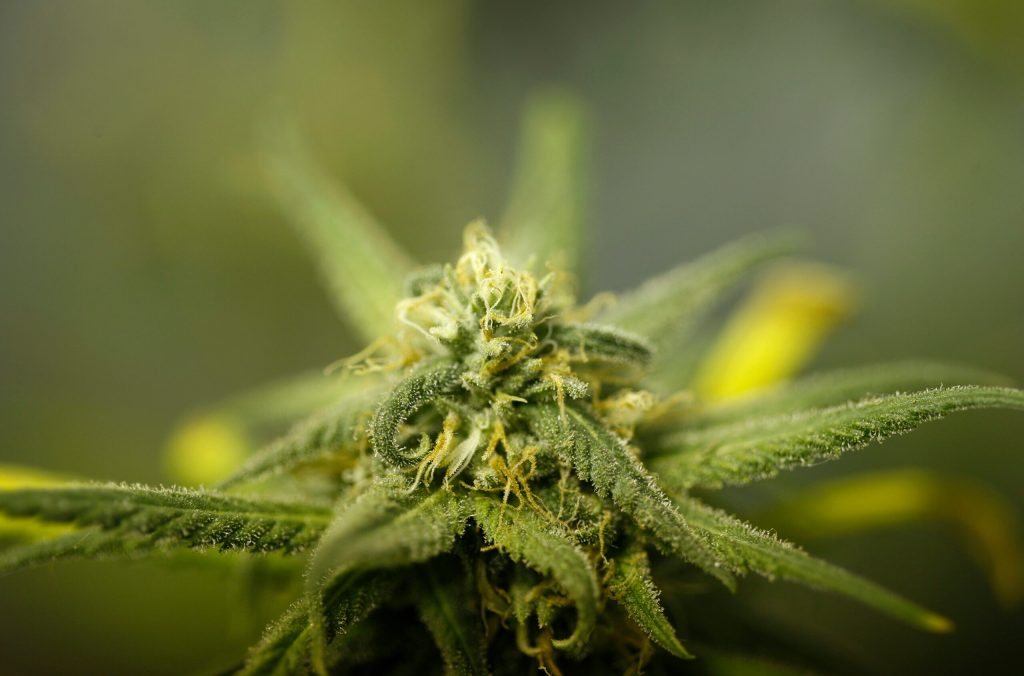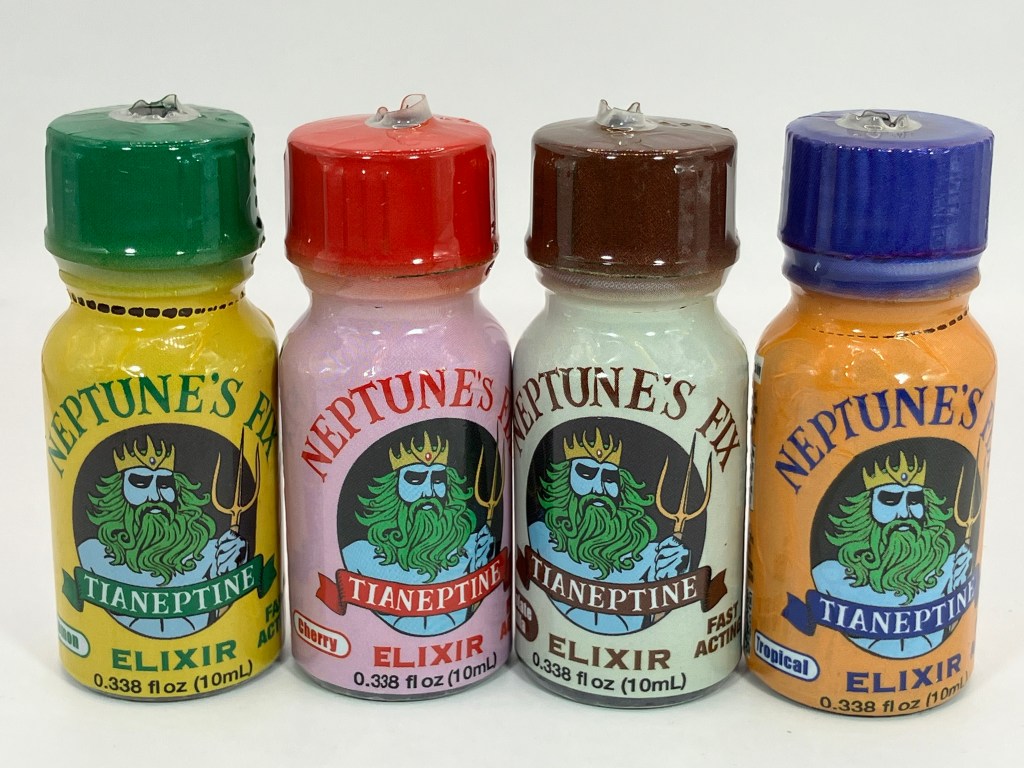In what amounts to just a huge bummer for aspiring geniuses across the country, it seems that nootropics—the brain-boosting supplements with a name as made-up as their actual effects—contain various amounts of piracetam, an unapproved drug that purports to improve brain function, despite little evidence to that effect.
A new study by researchers at Harvard Medical School, published Monday in JAMA Internal Medicine, found traces of piracetam in at least five different brain supplements, some of which have cheeky names like “NeuroPill,” and others that are just straight-up named… Piracetam. “It seems kind of bold to put a non-approved substance on the label… It’s horrifying but not terribly surprising,” David Seres, an associate professor of medicine at the Institute of Human Nutrition at Columbia University Medical Center, and who was not involved in the study, told STAT News.
Videos by VICE
While piracetam is approved throughout Europe to improve cognitive function in dementia patients, piracetam isn’t currently approved by the FDA, and isn’t supposed to be sold in supplements. That may be because prior research found “inadequate” evidence that piracetam actually does what it claims to do, and the drug’s side effects include anxiety and depression (two issues that certainly don’t improve cognitive function).
As Seres said, though, the presence of piracetam in nootropics isn’t terribly surprising, given how generally unchecked the supplement market is in the United States. A study published in JAMA Network Open in October 2018 found that nearly 800 over-the-counter supplements sold between 2007 and 2016 contained un-approved ingredients. The supplements in question include everything from sketchy sexual enhancement pills with donkeys and roosters printed on the packaging that you can find at bodegas, and more aesthetically pleasing pills that are now routinely hawked via Instagram marketing. Altogether, CNN reported at the time, the “drugs” comprise a $35 billion industry of shoddily regulated dietary supplements, which more than 50 percent of adults in the U.S. use.
Nootropics were destined to join this list, just by virtue of what they are and what they claim to do. If there were indeed a combination of drugs that could do what nootropics promise—that could improve a person’s ability to think and expand their big brain—do you think it would available on Amazon for $26 a bottle? In this healthcare economy??? You don’t need improved cognitive function to guess the answer.
Sign up for our newsletter to get the best of VICE delivered to your inbox daily.
Follow Hannah Smothers on Twitter.




